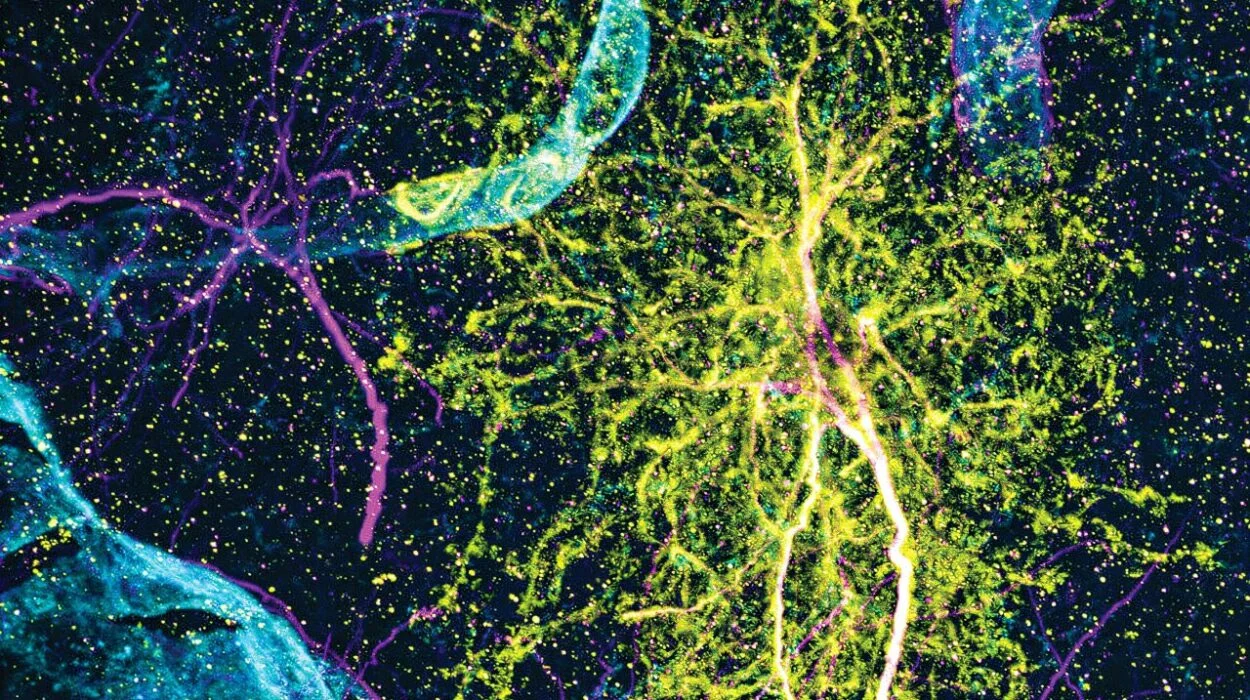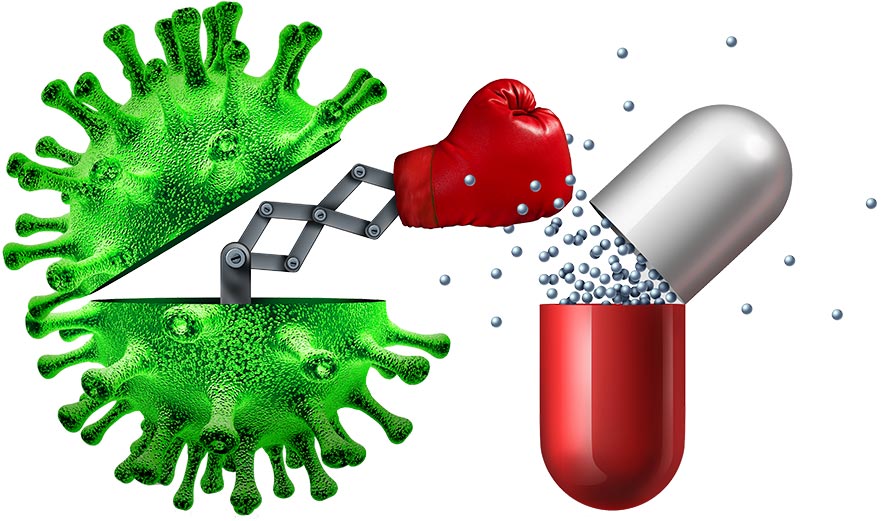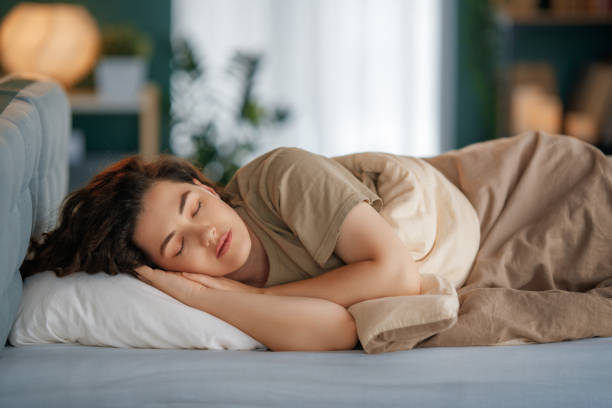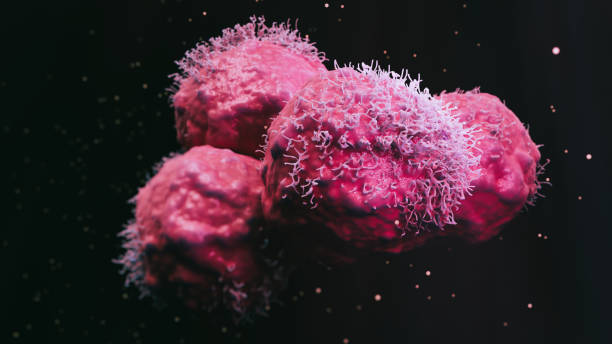For millions around the world, mornings don’t truly begin until that first sip of coffee. The aroma rises, the warmth spreads through the body, and suddenly, the world seems a little more manageable. Now, science confirms what coffee lovers have long suspected: that morning caffeine not only wakes you up, it genuinely brightens your mood.
A new study from Bielefeld University in Germany and the University of Warwick in the UK, published in Scientific Reports, shows that people who consume caffeine report being significantly happier and more enthusiastic in the morning compared with mornings when they go without. The mood-boosting effect is far less pronounced later in the day, making that first cup a uniquely powerful ritual.
Coffee and the Morning Mood Boost
The study tracked 236 young adults in Germany over a period of up to four weeks. Using smartphone-based surveys, participants reported their mood seven times a day, while also noting whether they had consumed coffee or another caffeinated drink in the past 90 minutes.
The results were striking. After caffeine, people described themselves as more cheerful, energetic, and enthusiastic—effects strongest in the morning hours. “Caffeine works by blocking adenosine receptors, which can increase dopamine activity in key brain regions—an effect that studies have linked to improved mood and greater alertness,” explains Professor Anu Realo from the University of Warwick.
In other words, caffeine doesn’t just clear the cobwebs of sleep. It shifts the emotional landscape, making the start of the day brighter and more hopeful.
Subtle Relief from Negative Feelings
The research also uncovered a gentler effect on negative moods. Feelings of sadness and irritability were slightly reduced after caffeine intake, regardless of the time of day. The difference wasn’t as dramatic as the boost in positive emotions, but it suggests that caffeine may offer a subtle cushion against life’s daily frustrations.
Surprisingly, the results were consistent across individuals. “We were somewhat surprised to find no differences between individuals with varying levels of caffeine consumption or differing degrees of depressive symptoms, anxiety, or sleep problems,” says Justin Hachenberger from Bielefeld University. In other words, whether you’re a casual coffee drinker or a devoted espresso enthusiast, the mood lift appears fairly universal.
A Question of Withdrawal or Real Effect?
One lingering mystery is whether the positive feelings after morning coffee are due to caffeine’s pharmacological effects—or simply the relief of ending overnight withdrawal. Even moderate coffee drinkers can experience mild withdrawal symptoms after a night’s sleep, including grogginess, irritability, and low mood. That first cup may erase those symptoms, creating a sense of renewed energy and cheerfulness.
“Even people with moderate caffeine consumption can experience mild withdrawal symptoms that disappear with the first cup of coffee or tea in the morning,” notes Realo. Untangling the balance between chemical stimulation and withdrawal relief remains an open question for researchers.
A Habit Shared Across the Globe
The findings highlight just how deeply embedded caffeine is in human culture. “Around 80% of adults worldwide consume caffeinated beverages, and the use of such stimulating substances dates far back in human history,” says Professor Sakari Lemola from Bielefeld University, senior author of the study.
The story of caffeine stretches beyond humans, too. Research has shown that bees and bumblebees are drawn to nectar containing caffeine, suggesting that the molecule’s allure transcends species. The universal appeal may lie in caffeine’s ability to heighten energy and attention, key ingredients for survival.
A Word of Caution
Despite its benefits, caffeine is not without risks. Dependence is common, and excessive intake can contribute to anxiety, heart palpitations, or digestive issues. Drinking coffee late in the day can disrupt sleep patterns, creating a cycle of fatigue and over-reliance on caffeine the next morning.
The researchers caution that moderation is key. Enjoying that morning cup can be uplifting, but using caffeine to mask chronic tiredness or stress is no substitute for healthy sleep and lifestyle habits.
The Science Behind a Shared Ritual
This study offers a rare glimpse into the everyday emotional effects of caffeine, outside the artificial confines of a laboratory. By capturing real-time moods in natural settings, it reveals the small but meaningful ways that coffee shapes daily life.
For countless people, the morning ritual of brewing coffee is more than habit—it’s a moment of transformation. Science now shows that behind the comfort of that steaming mug lies a measurable shift in the chemistry of the brain, turning grogginess into optimism, and routine mornings into something a little brighter.
More information: Justin Hachenberger et al, The association of caffeine consumption with positive affect but not with negative affect changes across the day, Scientific Reports (2025). DOI: 10.1038/s41598-025-14317-0






